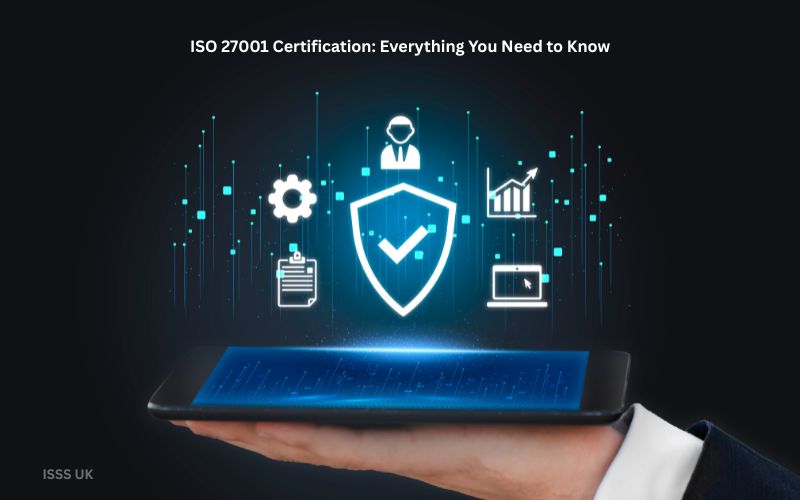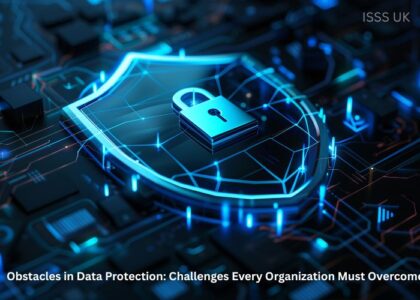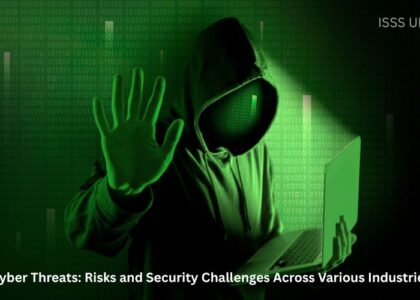In today’s digital age, data is one of the most valuable assets of any organization. With increasing cyber threats, regulatory requirements, and customer expectations around data privacy, having a robust information security management system (ISMS) is no longer optional. ISO/IEC 27001, the international standard for information security, provides a systematic approach to managing sensitive company information. Here’s everything you need to know about ISO 27001 certification.
What is ISO 27001?
ISO/IEC 27001 is a globally recognized standard published by the International Organization for Standardization (ISO) and the International Electrotechnical Commission (IEC). It provides a framework for establishing, implementing, maintaining, and continually improving an Information Security Management System (ISMS).
The goal is to help organizations protect confidentiality, integrity, and availability of information by applying a risk management process.
Why ISO 27001 Matters
- ✅ Trust & Credibility: Certification demonstrates to clients, partners, and stakeholders that your organization is serious about data security.
- ✅ Regulatory Compliance: Helps meet data protection laws like GDPR, HIPAA, CCPA, etc.
- ✅ Risk Management: Identifies vulnerabilities and helps mitigate security risks.
- ✅ Competitive Advantage: Differentiates your business in the market by showing your commitment to cybersecurity.
Core Elements of ISO 27001
- Risk Assessment & Treatment – Identify, assess, and treat information security risks.
- Information Security Policies – Define clear policies aligned with business objectives.
- Roles & Responsibilities – Assign accountability and responsibility for information security.
- Control Objectives & Controls – Apply controls from Annex A (93 controls in ISO 27001:2022).
- Continuous Improvement – Monitor, measure, audit, and improve the ISMS regularly.
Steps to Achieve ISO 27001 Certification
- Gap Analysis: Assess your current security posture against ISO 27001 requirements.
- Define Scope: Identify boundaries of the ISMS (e.g., departments, locations).
- Risk Assessment & Treatment Plan: Document your information assets, threats, and mitigation plans.
- Implement ISMS: Create and enforce security policies, procedures, and training.
- Internal Audit: Conduct internal checks to identify non-conformities.
- Management Review: Senior management must review and endorse the ISMS.
- Stage 1 Audit: Certification body reviews documentation and readiness.
- Stage 2 Audit: Comprehensive audit of ISMS implementation and effectiveness.
- Certification: If successful, your organization receives ISO 27001 certification, typically valid for 3 years with annual surveillance audits.
Who Should Get Certified?
Any organization that handles sensitive data — including IT firms, healthcare providers, financial institutions, SaaS companies, and government contractors — can benefit from ISO 27001 certification.
ISO 27001:2022 Key Changes
The 2022 revision of ISO 27001 includes:
- Consolidation of controls from 114 to 93.
- Introduction of 4 control themes: Organizational, People, Physical, and Technological.
- Emphasis on cybersecurity and cloud services.
Common Challenges and Tips
- 📌 Lack of internal expertise – Consider hiring a certified ISO 27001 consultant or training internal staff.
- 📌 Resistance to change – Ensure leadership commitment and organization-wide awareness.
- 📌 Maintaining compliance – Treat it as an ongoing journey, not a one-time project.
Conclusion
ISO 27001 certification is a strategic investment in your organization’s security and reputation. It not only strengthens your cybersecurity posture but also builds stakeholder confidence. By following a structured approach to risk management and data protection, businesses can safeguard their assets and ensure long-term resilience.





